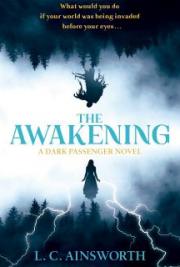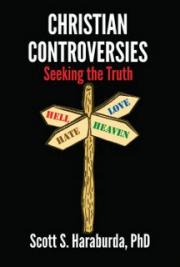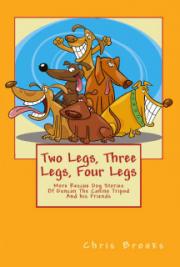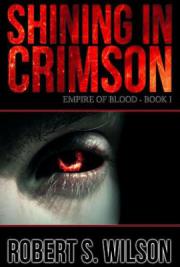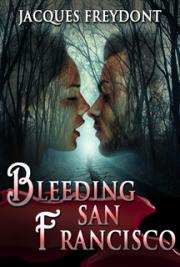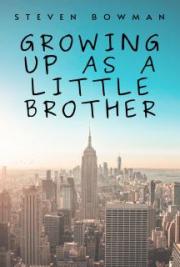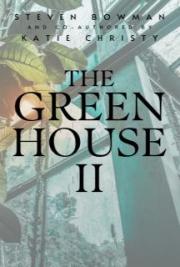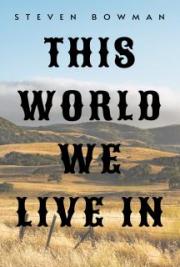
Recording yourself while reading a book aloud is the latest trend to grace social media. From Youtube to TikTok, it’s everywhere you log onto. Some read children’s books, and other people are reading adult fiction to their followers and subscribers.
While this may be all good and well for the influencers and their subscribers, what does it mean for the author of the books being read aloud? When books are adapted into Ebooks, the author or publisher grants permission, and copyright laws must be adhered to. The same is for turning a book into a motion picture.
The question then is, are these readers breaking any copyright laws? The answer to this question depends on who is doing the reading and, more importantly, why they are reading aloud.
Fair Use

Fair use is a part of the copyright laws that allow for reading aloud activities in online learning. Fair use allows for the use of the copyrighted material for a purpose that doesn’t harm or compete with the publisher’s ability to sell the book. So when teachers read aloud from books for teaching students, whether on a webcast or school site, fair use comes into play.
This is the same for reading books aloud in classes, whether kindergarten or high school literature classes. You could compare it to online casino games and live casino games; online casinos cannot tell players not to go to live Casinos. The American Library Association states that as long as one is not displacing a sale or serving as a substitute to the material, only then can fair use be applied.
Live Streaming
Now therein lies the crux of the problem with live stream readings. By reading a book aloud on your social media platform, you are substituting the reading of the book by your audience and eliminating the need to purchase the book.
When it comes to books under copyright law, only the copyright owner has exclusive rights to perform their work publicly. By live-streaming a reading, you publicly perform that book and are in direct infringement. This does not include recordings for private use, such as reading a book to your children via Skype while you are away from them.
Streaming platforms like Twitch, Youtube and Facebook Live allow for book readings, but this could change soon as more and more copyright issues are landing in court. So if you want to start or continue with live readings on your streaming platform, you will need the copyright owner’s permission. Alternatively, read books that are out of copyright, though this may be pretty difficult.
How to get copyright permission
Obtaining permission is no simple feat, but it can be done. And if you don’t want to be sued or have your channel removed from the platform, get permission.
These steps should guide you in obtaining permission
- Is the book under copyright law?
- Identify the owner (author, publisher or estate)
- Contact the owner
- Negotiate payment if needed
- Get your authorisation in writing
Final Thoughts
To conclude, the law allows teachers to show material via an interactive whiteboard. This addition was made to the US copyright law in 2014. Fair use is flexible and not restricted to a specific platform, but it must be for a learning purpose, not for entertainment or to generate money, as this is a direct infringement of the law. Reading sections of the book to promote sales of the book is acceptable as doing so is not restricting book sales.
For some books, permission must be granted by the book’s publisher and not the author. With some books, proceeds from sales go directly to the publisher and not the author and the copyright owner is the publisher.


